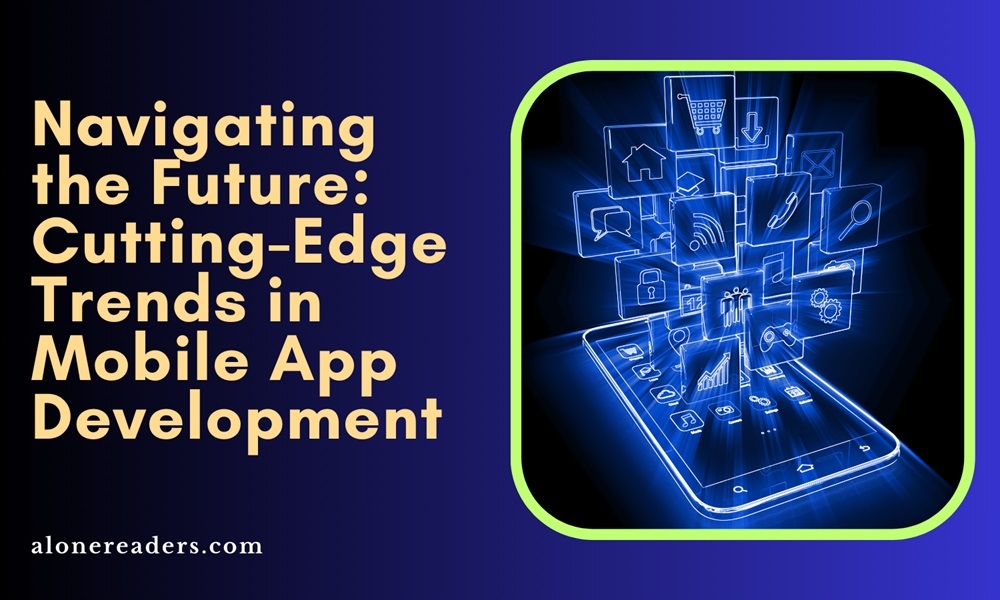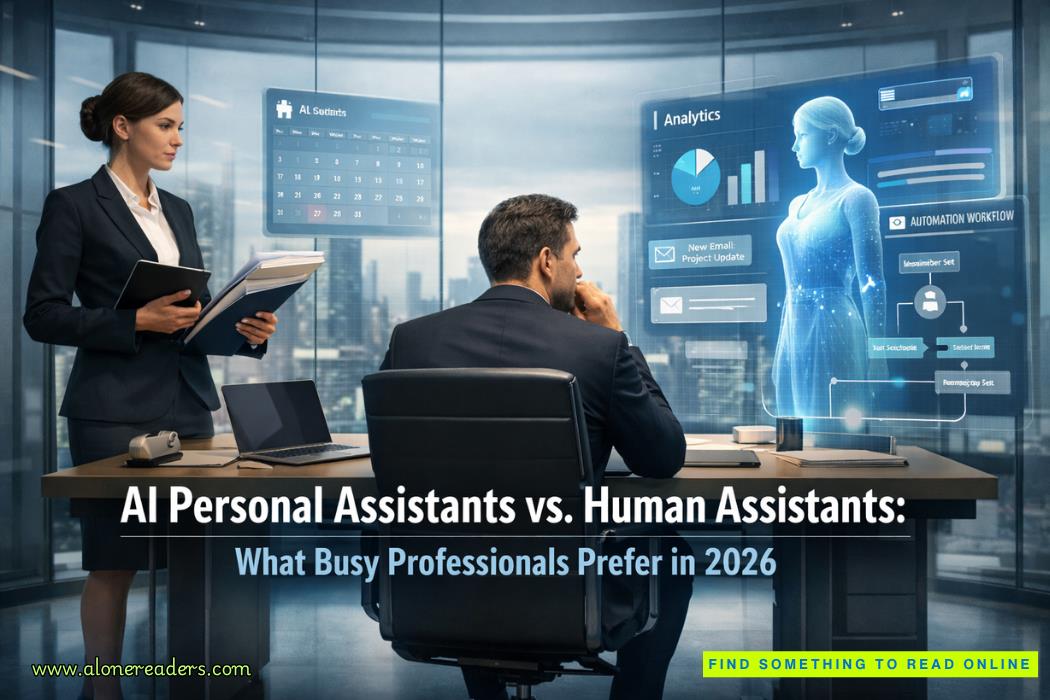Navigating the Future: Cutting-Edge Trends in Mobile App Development
- Last updated: March 07, 2024

Cutting-Edge Trends in Mobile App Development
- AI and Machine Learning: Personalization at Its Best
- Augmented Reality: A New Dimension of Interaction
- Mobile Commerce: The New Shopping Frontier
- Enhanced Security: Safeguarding User Trust
- The Rise of 5G: Speed and Connectivity Redefined
- IoT Integration: Creating Connected Experiences
- Cloud Integration: Enhancing Performance and Scalability
- Voice Recognition and Control: The Power of Speech
- Blockchain Technology: A New Era of Transparency and Security
- Social Media Integration: Enhancing Connectivity and Engagement
- Sustainable and Eco-Friendly Apps: A Conscious Shift
- Conclusion
In the ever-evolving world of technology, mobile app innovations continually reshape how we interact with our digital devices. The last few years have witnessed groundbreaking developments in this arena, driven by advances in artificial intelligence, augmented reality, enhanced security measures, and a relentless pursuit of improved user experiences. This article delves into the latest trends in mobile app development, offering a glimpse into the future of mobile technology.
AI and Machine Learning: Personalization at Its Best
Artificial Intelligence (AI) and Machine Learning (ML) have been at the forefront of mobile app innovations. Apps are becoming smarter, capable of learning from user interactions to provide personalized experiences. AI-driven features like chatbots, predictive analytics, and voice recognition are not just enhancing user engagement but also improving operational efficiency.
Augmented Reality: A New Dimension of Interaction
Augmented Reality (AR) is no longer a sci-fi fantasy but a reality in mobile app development. It's transforming user experiences across various sectors, including retail, education, and healthcare. AR enables users to interact with virtual elements in real-world environments, offering an immersive experience that was unimaginable a few years ago.
Mobile Commerce: The New Shopping Frontier
The rise of mobile commerce (m-commerce) has been meteoric, thanks to the convenience it offers. Users can shop anytime, anywhere with just a few taps on their smartphones. This trend is not just reshaping retail but also prompting industries like banking and finance to revamp their mobile strategies.
Enhanced Security: Safeguarding User Trust
As mobile apps become integral to our daily lives, the importance of security cannot be overstated. Developers are employing advanced security measures, such as biometric authentication and end-to-end encryption, to protect user data and build trust.
The Rise of 5G: Speed and Connectivity Redefined
The rollout of 5G is set to revolutionize mobile app capabilities with its unprecedented speed and connectivity. This advancement will enable more complex and sophisticated app functionalities, opening up new possibilities in streaming, gaming, and more.
IoT Integration: Creating Connected Experiences
The Internet of Things (IoT) integration is making apps more intuitive and efficient. By connecting with various smart devices, apps can offer seamless experiences, automate tasks, and provide valuable insights into user behavior.
Cloud Integration: Enhancing Performance and Scalability
Cloud integration in mobile apps is not just a trend; it's a necessity for enhancing app performance and scalability. Cloud computing provides apps with the necessary infrastructure and tools to handle large amounts of data, improve speed, and reduce operational costs.
Voice Recognition and Control: The Power of Speech
Voice recognition technology is changing the way users interact with mobile apps. With the growing popularity of voice assistants like Siri, Alexa, and Google Assistant, voice commands are becoming a standard feature in many apps, providing a hands-free and more accessible user experience.
Blockchain Technology: A New Era of Transparency and Security
Blockchain technology is making its mark in the mobile app world by offering unparalleled security and transparency. Its potential goes beyond cryptocurrency; it's being explored in areas like secure transactions, identity verification, and more.
Social Media Integration: Enhancing Connectivity and Engagement
Mobile apps are increasingly integrating with social media platforms to enhance user engagement and connectivity. This trend allows users to easily share content, connect with friends, and stay updated within their apps.
Sustainable and Eco-Friendly Apps: A Conscious Shift
Sustainability is becoming a priority in app development, with a focus on creating eco-friendly and energy-efficient apps. This conscious shift reflects the growing global concern for the environment and the desire for sustainable technology solutions.
Conclusion
The landscape of mobile app development is constantly changing, driven by technological advancements and evolving user needs. From AI and AR to enhanced security and sustainable development, these trends are shaping the future of mobile apps. As we continue to witness these innovations, one thing is certain: the potential of mobile apps is limitless, and the journey ahead is full of exciting possibilities.







